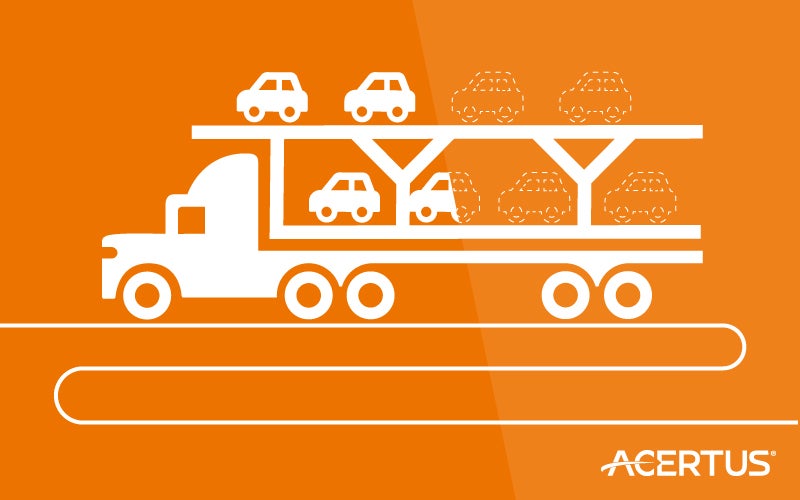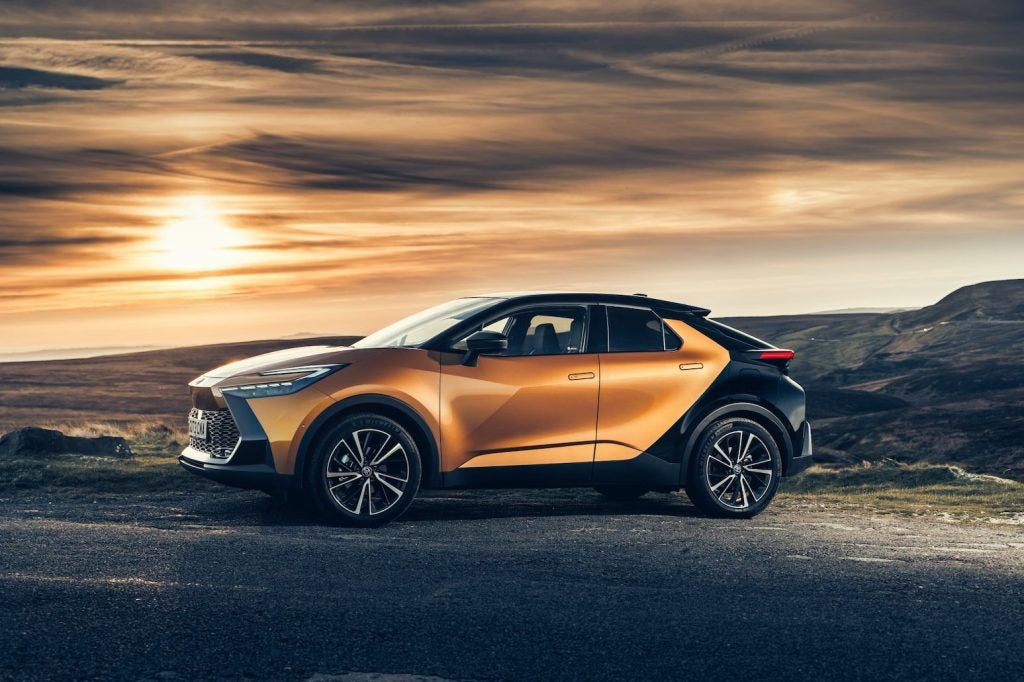
Rising interest rates and lack of vehicle inventory in recent years have caused some consumers to move away from owning a vehicle in favour of other options. In many countries, we’re seeing a rise in vehicle subscription services and offerings.
Vehicle subscription services have increased in popularity so much so that the global car subscription market size is projected to reach $15.56 billion by 2030, growing at a compound annual growth rate of 23.1%.
We spoke to Trent Broberg, CEO of ACERTUS, to learn more about the shift in consumer priorities and why vehicle subscriptions are on the rise.

Just Auto (JA): Could you tell me a little bit about your role at the company?
Trent Broberg (TB): I have been a part of the transportation and logistics industry for over 15 years. Currently, I am the CEO of ACERTUS and have been with the company since 2021.
How well do you really know your competitors?
Access the most comprehensive Company Profiles on the market, powered by GlobalData. Save hours of research. Gain competitive edge.

Thank you!
Your download email will arrive shortly
Not ready to buy yet? Download a free sample
We are confident about the unique quality of our Company Profiles. However, we want you to make the most beneficial decision for your business, so we offer a free sample that you can download by submitting the below form
By GlobalDataAs CEO, I am hyper-focused on expanding ACERTUS and creating a new era of growth through technology-enabled solutions that improve both our company and the transportation industry at large.
How are consumer priorities starting to change from what they previously focused on?
When it comes to consumer priorities, changes can be broken into three broad categories: cost, flexibility, and sustainability.
With interest rates increasing and the cost of vehicles skyrocketing, it’s becoming more difficult for consumers to justify spending on a rapidly depreciating asset. Structural shifts in mobility, with fewer people commuting to work, for example, has also decreased the usage of vehicles as well.
When it comes to consumer priorities, changes can be broken into three broad categories: cost, flexibility, and sustainability.
Finally, consumers are becoming more interested in sustainability which means more are choosing electric vehicles over internal combustion engines.
Why have vehicle subscription services started to grow in popularity?
The growth of vehicle subscription services can be tied directly back to changes in consumer priorities. With shifts in mobility due to Covid and more individuals working remotely, fewer have a use for a commuter car.
With the increase in interest rates and car prices, many consumers view subscriptions as a more affordable option over conventional car ownership and less of a long-term financial commitment.
Subscription services also offer consumers extra features without the added costs. Finally – and perhaps most importantly – is the amount of flexibility that vehicle subscription services offer consumers.
They can choose any vehicle they want on demand and switch cars whenever it suits them or terminate their service on short notice. These services also deliver and pick up the vehicles for the consumers, so they don’t have to deal with the DMV (Department of Motor Vehicles in the US), maintenance issues, going to the car dealership, or other car-related experiences that cause frustration. In short, vehicle subscription services can offer consumers a new car buying experience without the commitment or responsibility of owning a car.
What are some steps auto manufacturers, start-ups, and dealerships can take to establish vehicle subscription programs?
An important step in establishing vehicle subscription programs is ensuring a solid logistics/reverse program and partner is in place. These programs require many vehicle drop-offs and pickups so a hub and spoke model becomes critical for properly caring for the vehicle, storing it, and preparing it for delivery.
Auto manufacturers, start-ups, and dealerships all need additional storage options so they can hold vehicles until they’re ready to be used, then they need to be able to care for and maintain the vehicles as well as recondition them (including adding gas, cleaning, and detailing) so they are ready for delivery, and then they need to be able to deliver the vehicles to the consumer’s home.
What do you think the future holds for subscription-based vehicle services?
This is absolutely a growing market as more consumers look for more flexibility in owning and utilizing vehicles, particularly in urban areas.
I think we will see even more people transition from leasing to more subscription programs due to the added benefits and shorter timeframes.
Similar to ACERTUS, subscription companies offer a one-stop shop so consumers don’t have to purchase from a dealer, talk to a bank, go to the DMV, call and set up insurance, schedule maintenance, etc. Instead, it’s all wrapped up into one frictionless experience.
What changes/developments do you expect to see in this area over the next 3-4 years?
I think vehicle subscription services are going to continue offering flexibility and affordability for consumers in the coming years. Millennials, in particular, will be more drawn to subscriptions because it offers a no-debt, cost-effective option that fulfils their short-term needs rather than just owning a depreciating asset.
I think we will see even more people transition from leasing to more subscription programs due to the added benefits and shorter timeframes.







